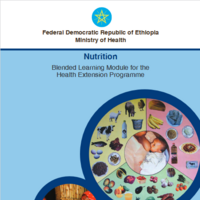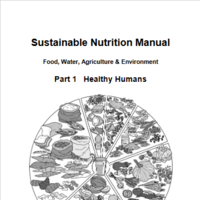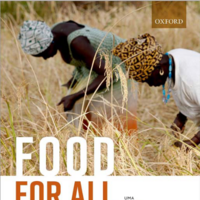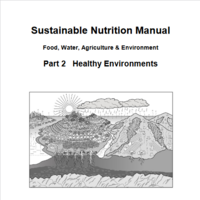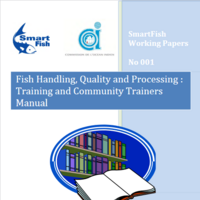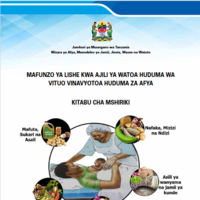Search
Books+
Searching 1,730 books
Search related to the career Nutritionist
Introduction:
Athletes have unique dietary requirements to support their intense physical activity and optimize their performance. A well-balanced diet is crucial for athletes to meet their energy needs, promote recovery, and enhance overall health. Here are the key dietary requirements for athletes:
1. Energy:
Athletes require an increased amount of energy to fuel their physical activity. They should consume enough calories to meet their energy demands, which may vary depending on the type, intensity, and duration of their sport.
2. Carbohydrates:
Carbohydrates are the primary source of energy for athletes. They should consume adequate amounts of complex carbohydrates, such as whole grains, fruits, vegetables, and legumes. These provide sustained energy and support glycogen stores in the muscles.
3. Protein:
Protein is essential for muscle repair, growth, and recovery. Athletes should consume high-quality protein sources like lean meats, poultry, fish, eggs, dairy products, legumes, and plant-based proteins. The recommended protein intake varies based on the athlete's body weight, training intensity, and goals.
4. Healthy Fats:
Healthy fats, such as those found in avocados, nuts, seeds, and fatty fish, are important for athletes. They provide essential fatty acids, support hormone production, and aid in nutrient absorption. However, athletes should moderate their fat intake to avoid excessive calorie consumption.
5. Hydration:
Proper hydration is crucial for athletes to maintain performance and prevent dehydration. They should drink enough fluids, primarily water, before, during, and after exercise. Electrolyte-rich sports drinks may be beneficial for prolonged or intense activities.
6. Micronutrients:
Athletes need an adequate intake of vitamins and minerals to support various bodily functions. Consuming a variety of fruits, vegetables, whole grains, and lean proteins helps ensure sufficient micronutrient intake. In some cases, athletes may require supplementation under the guidance of a healthcare professional.
7. Timing and Balance:
Athletes should consider the timing and balance of their meals. Consuming a balanced meal or snack containing carbohydrates and protein before and after exercise can optimize performance, muscle recovery, and glycogen replenishment.
8. Individualization:
Dietary requirements may vary among athletes based on their sport, body composition, training goals, and personal preferences. It is essential for athletes to work with registered dietitians or sports nutritionists to develop individualized meal plans that meet their specific needs.
Conclusion:
Meeting the dietary requirements for athletes is crucial for optimizing performance, supporting recovery, and maintaining overall health. Adequate energy intake, balanced macronutrients, hydration, and proper timing are key factors to consider. Consulting with a healthcare professional or sports nutritionist can help athletes develop personalized nutrition plans to meet their unique needs.
Source: Various AI tools
